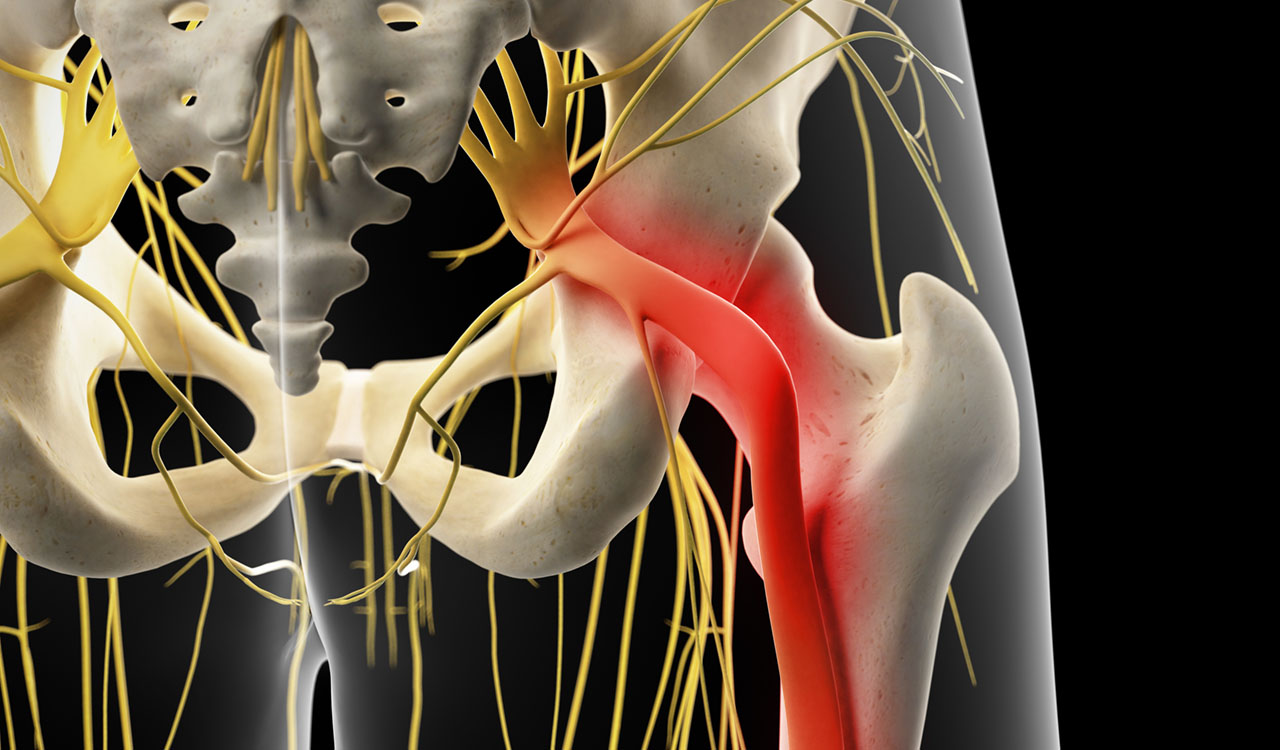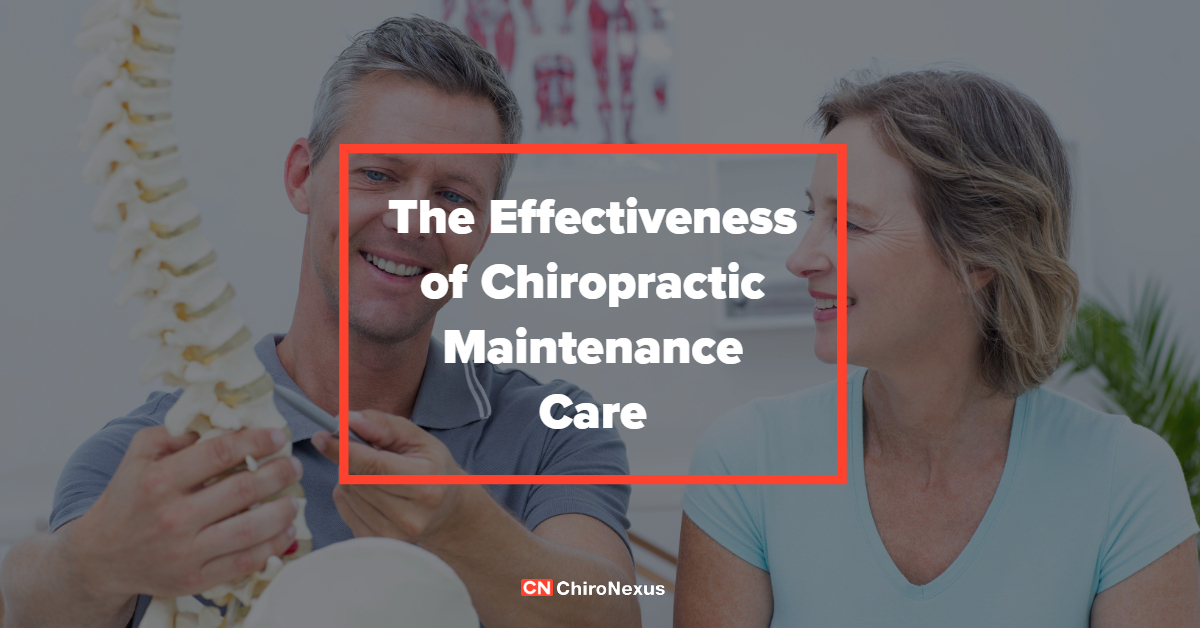Most people think of chiropractic as effective way to treat back pain. While this is true, dozens of medical studies show that chiropractic can alleviate a number of other health conditions, while promoting general health and wellness.
Studies show that chiropractic care can:
Ease the pain of aging in adults with scoliosis, spinal degeneration, and osteoarthritis in the knee, hip, and hands
Heal damaged nerves causing the radiating pain associated with disc herniation, sciatica, carpal tunnel syndrome, and more
Decrease pregnancy-related pelvic and back pain
Reduce patient reliance on pain medication to manage migraines and cervicogenic headaches
Improve recovery from auto injuries like whiplash, neck pain, TMJ disorders, and tinnitus
Treat and prevent sports injuries like muscle strains and injuries to the shoulders, back, and lower limbs
Soothe symptoms of fibromyalgia
But chiropractic can do more than provide pain relief, it can improve your overall health and well being.
Read More








